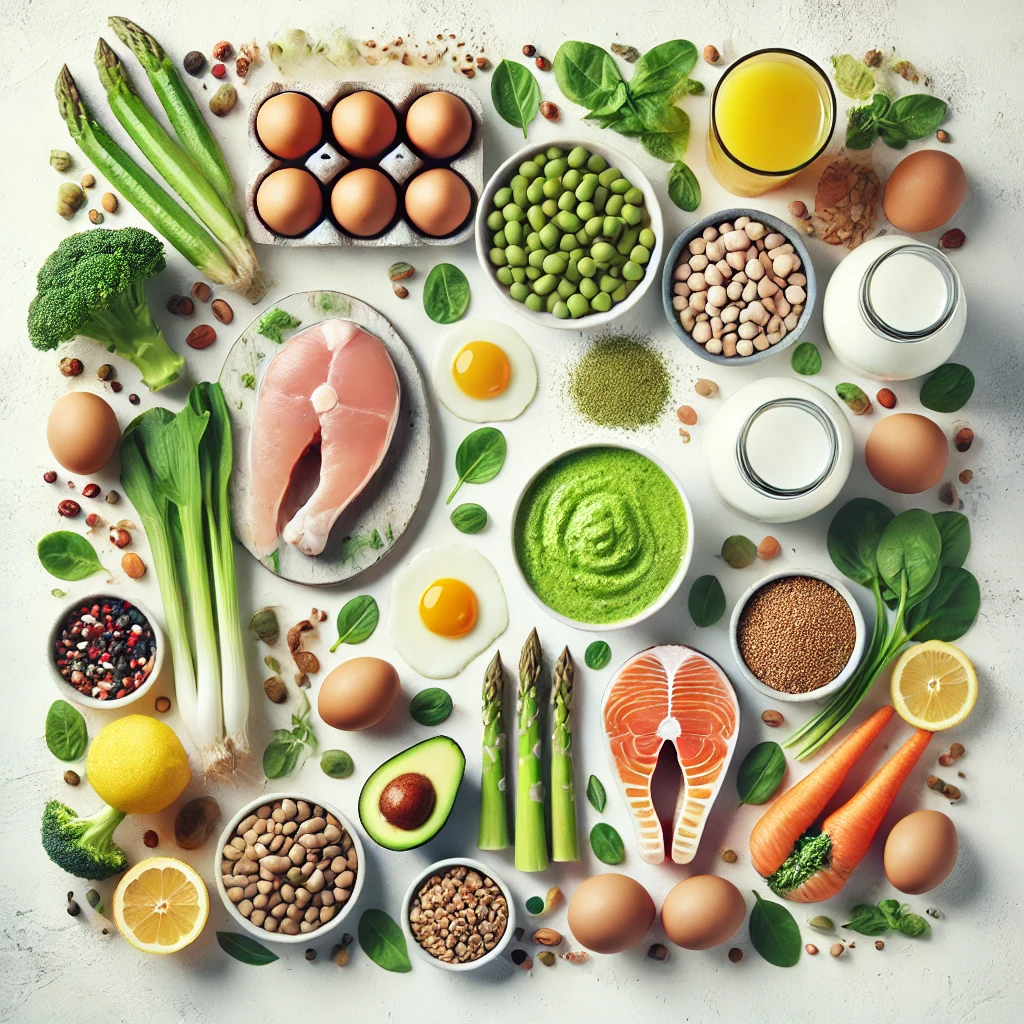7 Nutrition Myths You Should Stop Believin
In the world of nutrition, myths and misconceptions often spread like wildfire. These myths can mislead people, affecting their diet and overall health. In this article, we’ll debunk some of the most common nutritional myths and provide evidence-based insights to help you make informed decisions about your diet and wellness.
Myth 1: Carbs Are Bad for You
The Truth About Carbohydrates
Carbohydrates have gained an undeserved bad reputation, especially with the rise of low-carb diets. However, not all carbs are created equal.
- Simple Carbs: Found in sugary snacks and sodas, these should be consumed sparingly.
- Complex Carbs: Found in whole grains, vegetables, and legumes, these are essential for energy and overall health.
Why You Need Carbs
Carbs are the body’s primary energy source. Eliminating them can lead to fatigue, mood swings, and poor cognitive function. Instead, focus on consuming high-quality, nutrient-dense carbs.
Myth 2: Eating Fat Makes You Fat
The Role of Healthy Fats
While it’s true that fats are calorie-dense, they are essential for various bodily functions, including hormone production and brain health.
- Healthy Fats: Found in avocados, nuts, seeds, and olive oil, these can improve heart health and reduce inflammation.
- Unhealthy Fats: Trans fats and excessive saturated fats can increase the risk of heart disease.
Balance Is Key
Instead of avoiding fats altogether, focus on incorporating healthy fats into your diet in moderation.
Myth 3: You Need to Detox Your Body
The Detox Myth
Detox diets and cleanses are often marketed as a way to “purify” your body. In reality, your liver and kidneys already do an excellent job of removing toxins.
What Works Instead
- Stay hydrated to support kidney function.
- Eat fiber-rich foods to aid digestion.
- Maintain a balanced diet for overall detoxification.
Myth 4: Skipping Breakfast Is Bad for Your Health
The Importance of Personalization
While breakfast is often referred to as the “most important meal of the day,” its importance varies from person to person. Some people thrive on intermittent fasting, while others perform better with a morning meal.
Quality Over Timing
If you do eat breakfast, prioritize nutrient-dense foods like oatmeal, eggs, and fruits over sugary cereals.
Myth 5: Protein Is Only for Bodybuilders
Protein for Everyone
Protein isn’t just for building muscles; it’s essential for repairing tissues, producing enzymes, and supporting overall health.
Sources of Protein
- Animal-Based: Chicken, fish, eggs, and dairy.
- Plant-Based: Lentils, chickpeas, tofu, and quinoa.
How Much Do You Need?
The average adult needs about 0.8 grams of protein per kilogram of body weight. Athletes and active individuals may require more.


Myth 6: Eating Late at Night Causes Weight Gain
The Bigger Picture
Weight gain is determined by overall calorie intake and expenditure, not the timing of meals.
What to Focus On
- Avoid heavy, calorie-dense meals late at night.
- Opt for light snacks if you’re hungry, like a banana or yogurt.
Myth 7: Fresh Produce Is Always Healthier Than Frozen
Frozen vs. Fresh
Frozen fruits and vegetables are often picked and frozen at peak ripeness, preserving their nutrients. Fresh produce may lose some nutrients during transportation and storage.
What to Choose
- Use fresh produce for salads and quick consumption.
- Opt for frozen options for cooking and convenience.
Debunking these myths is essential for fostering a healthier relationship with food. By focusing on evidence-based nutrition, you can make informed choices that support your overall well-being. Remember, no single diet fits everyone, so listen to your body and adapt accordingly.





